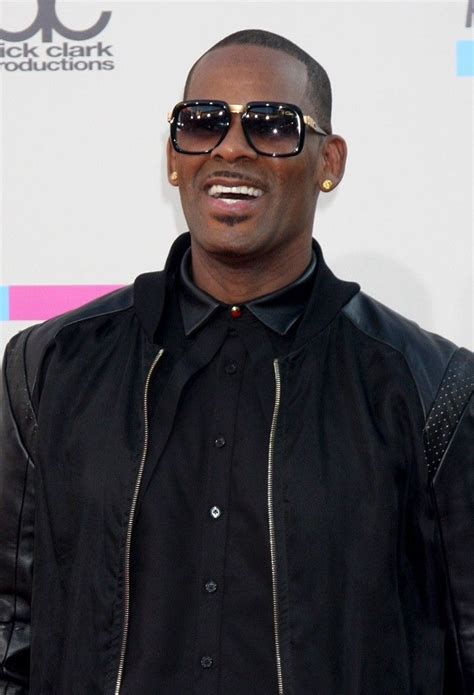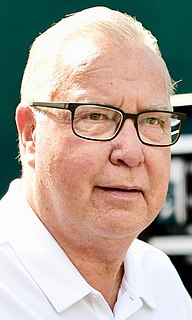A Quote by Matthew Desmond
If we take a hard look at what poverty is, its nature, it's not pretty - it's full of trauma.
Related Quotes
If we take a hard look at what poverty is, its nature, it's not pretty - it's full of trauma. And we're able to accept trauma with certain groups, like with soldiers, for instance - we understand that they face trauma and that trauma can be connected to things like depression or acts of violence later on in life.
Today there are a huge number of think tanks working on poverty-related issues; there are books written on the topic; and university centers being created to study poverty. But, at the same time, the media has a terribly hard time with this issue; it's very hard to convince editors and publishers to devote resources to complex investigations of the lives of America's poor. And, as a result, too often poverty is portrayed in stereotypes, in sound bites, in a few pat images rather than in its full Technicolor complexity and diversity.




































